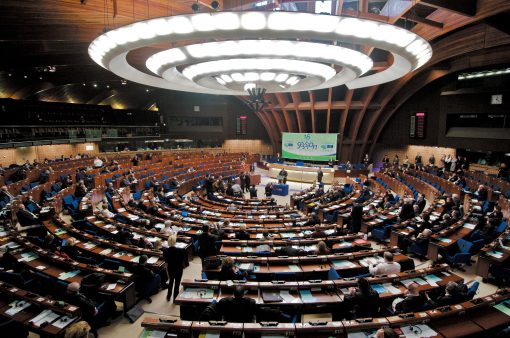Elwyn Davies: how the media got away with it
18 November 2016
This article was written by Nye Davies and Steffan Evans
The mysterious Elwyn Davies has suddenly become one of Wales’ most popular politicians (at the time of writing there are 3 parody Twitter accounts in existence, a sure sign that you’ve made it). The most recent Welsh Election Study data has revealed that Elwyn Davies was the second most recognised Welsh MEP behind UKIP’s Nathan Gill. The problem is – he doesn’t exist. A politician who doesn’t exist is the second most recognised MEP in Wales. It isn’t encouraging.
These findings are a worrying indictment on the knowledge people in Wales have of the EU, its institutions and its members. It is also an indictment of the media here in Wales and its failure to report the work of Welsh MEPs. Professor Roger Scully commented that we will be losing 4 MEPs when we leave the EU but “on these results, it seems fair to say that most of the Welsh public are unlikely to notice.”
These findings should be worrying but instead the joke (and developing cult) around Elwyn Davies is letting the media off the hook. The response has been to laugh about it when instead this should be a period of self-reflection for the media and politicians in Wales. We can blame the public, say everyone is politically illiterate, but there clearly is a real failing to report on the work that MEPs do.
One of the main arguments put forward by the Leave camp during the EU referendum campaign was that the EU lacked democratic accountability. It is not surprising that such an argument resonated with the Welsh public if they did not know who their elected representatives were at EU level, and the important role that MEPs play within the EU. Why haven’t more people heard of Wales’ MEPs who were less recognised than a fictitious character? Derek Vaughan had the opportunity to draw up rules for the next round of EU regional aid but of course that opportunity has been lost thanks to Brexit. Jill Evans has been an MEP for 17 years.
Not only have the media failed to adequately cover the work undertaken by Welsh MEPs their focus on UKIP has further distorted the public’s perception of the European Parliament. Beyond Nigel Farage’s contributions, very limited, if any coverage has been allocated to the work of the European Parliament. During the EU referendum debate, the only MEPs we saw were the ones from UKIP – MEPs whose attendance in the EU Parliament has been appalling.
The blame of course cannot be put solely on the media. Politicians must also accept responsibility for failing to engage with the public. For this reason the somewhat casual response of certain Assembly Members is a cause for concern. Given that fewer than half the Welsh population knew who ran the NHS in Wales in 2014 it would appear that there is a broader problem with political engagement in Wales. It is imperative that Welsh politicians and the media take steps to remedy this.
Serious questions must be asked as to why a fictitious person can become a popular part of Welsh political life. It is not something the media and politicians should be dismissing as a funny joke. It is a continuing problem but the broadcasting of Welsh politics in the media needs to be addressed.
- June 2024
- December 2023
- November 2023
- August 2023
- February 2023
- December 2022
- November 2022
- September 2022
- July 2022
- April 2022
- March 2022
- January 2022
- October 2021
- July 2021
- May 2021
- March 2021
- January 2021
- November 2020
- October 2020
- August 2020
- July 2020
- June 2020
- May 2020
- April 2020
- March 2020
- October 2019
- September 2019
- June 2019
- April 2019
- March 2019
- February 2019
- December 2018
- October 2018
- July 2018
- June 2018
- April 2018
- December 2017
- October 2017
- July 2017
- June 2017
- May 2017
- April 2017
- March 2017
- February 2017
- January 2017
- December 2016
- November 2016
- October 2016
- September 2016
- Bevan and Wales
- Big Data
- Brexit
- British Politics
- Constitution
- Covid-19
- Devolution
- Elections
- EU
- Finance
- Gender
- History
- Housing
- Introduction
- Justice
- Labour Party
- Law
- Local Government
- Media
- National Assembly
- Plaid Cymru
- Prisons
- Rugby
- Theory
- Uncategorized
- Welsh Conservatives
- Welsh Election 2016
- Welsh Elections